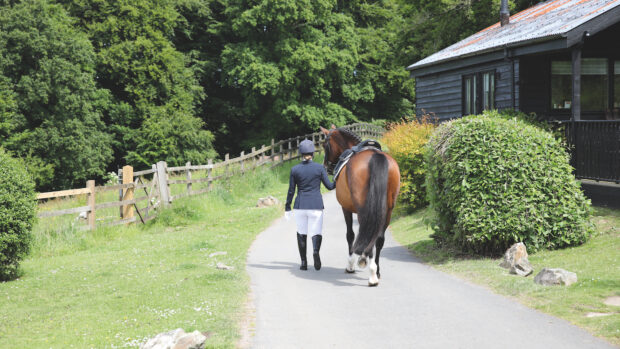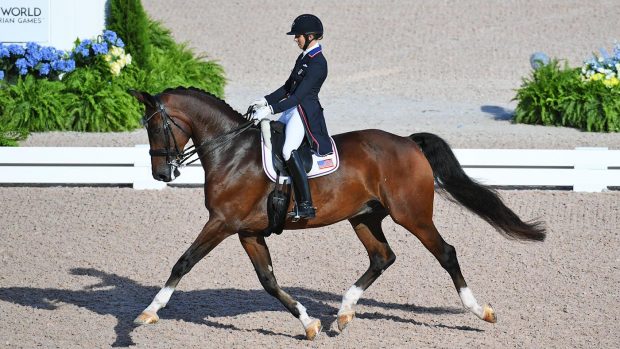PROPOSALS to make American eventing safer have been met with concern from the big names in British and world eventing.
The United States Equestrian Federation (USEF) sent an open letter to members suggesting five new rules after two horses died and rider Laine Ashker was critically injured at Rolex Kentucky three-day event (report,1 May).
The most contentious of the rules said that riders and horses should be suspended from competition for up to six months and lose their qualification at the level in which they were competing, following a rotational fall.
It has since been amended to say that ground juries should have the option of banning riders for up to three months following a horse fall if they believe it was caused by dangerous riding.
Horse and rider would be eliminated from the competiton after a rider fall and suspended for a month for a horse fall at a jump.
USEF president David O’Connor said: “The suspension is meant to be a deterrent, to reduce dangerous riding.
“There are two extremes — the professional riders make our courses look easy, beautiful and fun to watch and then you get the less competent guys doing it by aggression or being too slow. They’re affecting the sport.”
USEF riders’ rep Bobby Costello said riders support the rules in principle, but want a review system.
New Zealand rider and International Equestrian Federation (FEI) eventing safety sub-committee member Andrew Nicholson feels the proposals could increase the number of falls.
“If riders are concerned about getting suspended they are going to ride cautiously. You should approach the cross-country positively, not dangerously, otherwise you will have accidents,” he said.
British Eventing director of sport Mike Etherington-Smith, who designed the Kentucky course, said he sympathised with the Americans’ position, but felt the rules were “over the top”.
Referring to red flags brought in by the FEI last year that allow ground juries to bring dangerous riders to a halt (news, 30 August 2007), he said: “Rather than banning riders we need to get officials to use the existing rules to stop riders on the course if they are riding dangerously. I think the Americans need to take a deep breath before implementing any new rules.”
But he defended a nation’s right to make rules contrary to those of the FEI.
Mark Phillips, who coaches the US eventing team, believes the USEF should think more about why accidents happen as opposed to what to do afterwards.
He added: “A country should be careful about going off at a tangent before the equestrian community worldwide has properly considered the implications of a proposed rule change.”
The suggested rules will be discussed further in a phone conference by the US Eventing Authority and USEF and could be enacted on an emergency basis.
Meanwhile, a safety summit is scheduled in Lexington next month to harvest ideas from the eventing community.
The FEI did not wish to comment on the proposed rule changes.
This news story was first published in Horse & Hound (8 May, ’08)



